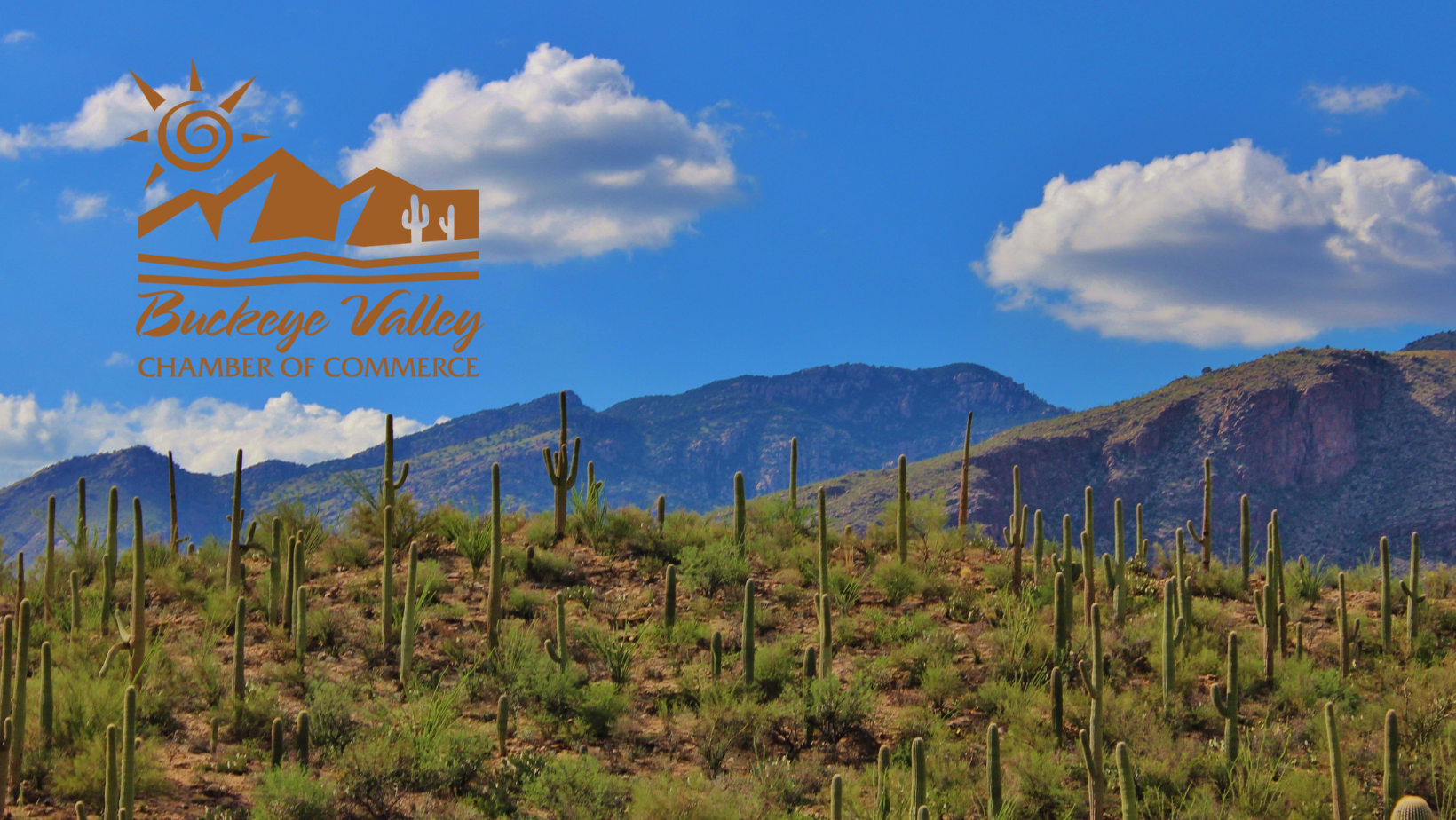Buckeye, Arizona is distinct in many ways - It is the largest city in AZ by land mass and 7th fastest growing city in the US. Located 35 miles west of Phoenix with a population of 111K, it is in the middle of what some have nicknamed the ‘Electric Valley’ and others the ‘Sustainable Valley’.
The Buckeye Valley Chamber, led by CEO Deanna Kupcik, is keenly aware of the jobs and economic opportunity in the clean energy economy. With Mesquite Solar on its board and Mesquite’s 400MW solar facility nearby, and members APS and SRP having set ambitious goals to transition to renewable energy, the Chamber actively supports member companies working in clean energy. A recent addition to the solar landscape is NextEra’s 260 MW Sonoran Solar project. According to Buckeye Mayor, Eric Orsborn “The Sonoran Solar project is more than solar panels and batteries - it represents another significant capital investment in the City of Buckeye, the West Valley and the state of Arizona. It’s another example of Buckeye’s commitment to sustainable and renewable energy production.”
Kore Power, a large and growing clean energy company, recently selected Buckeye for its manufacturing site (KorePlex). The company purchased 214 acres in Buckeye for its two million square foot facility - where it will help build a reliable battery supply critical to the future of electric vehicles, solar, and power grids. The facility will be powered by on-site solar and storage.
With such a large facility coming to Buckeye, it was no surprise to the Chamber that local businesses and residents had much interest and many questions. The Chamber used its Quarterly Breakfast event to host Kore for a discussion and had record turnout of almost 100 attendees. Kupcik, said the meetings offered an opportunity for the community to get answers to questions about the project. “There is a lot of buzz about the KOREPlex, and having the opportunity to get the latest news, to learn about KORE Power and get questions answered really opens up opportunities to turn that buzz into partnerships.”
And business partnerships are what Chambers are all about.



